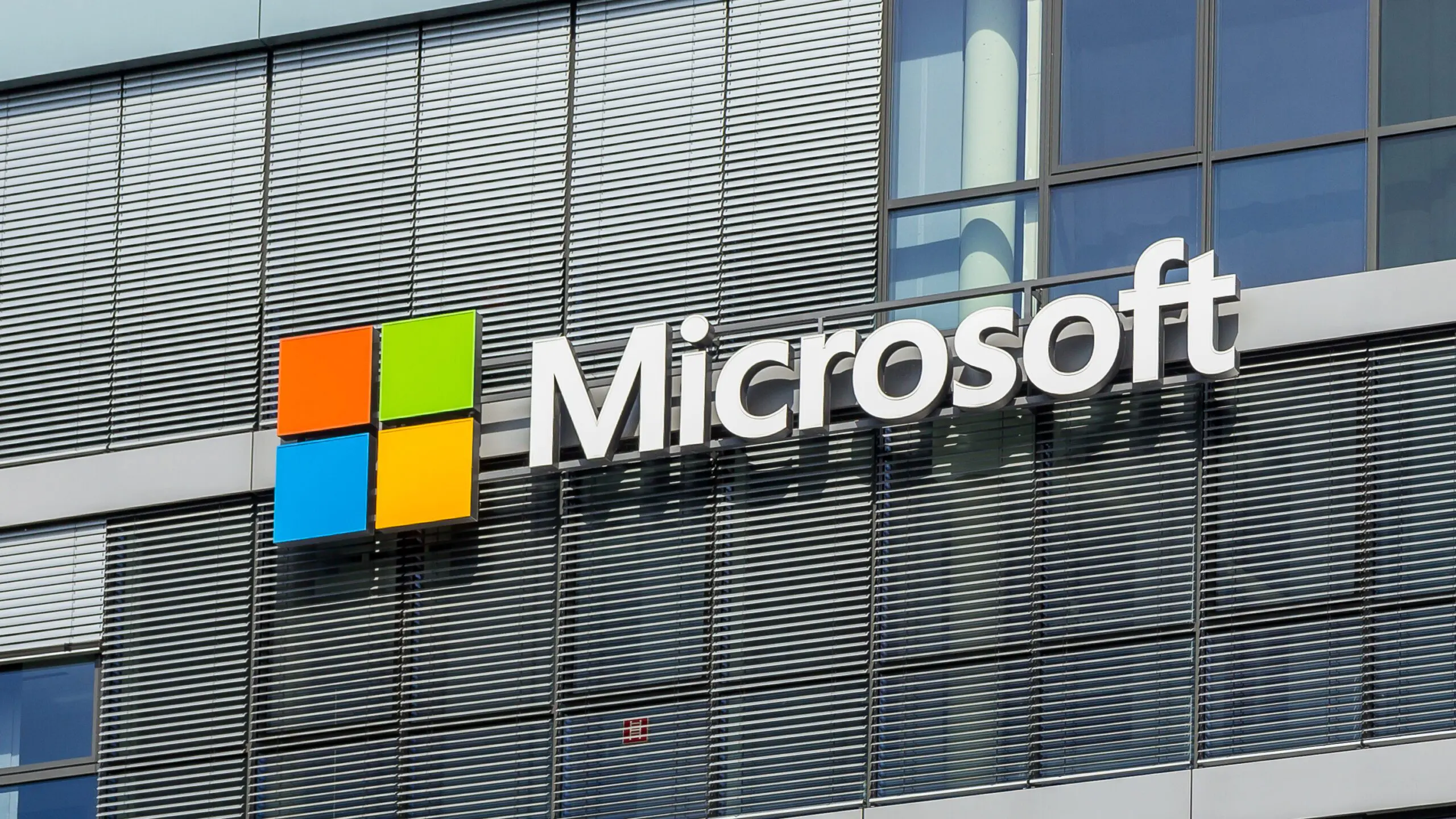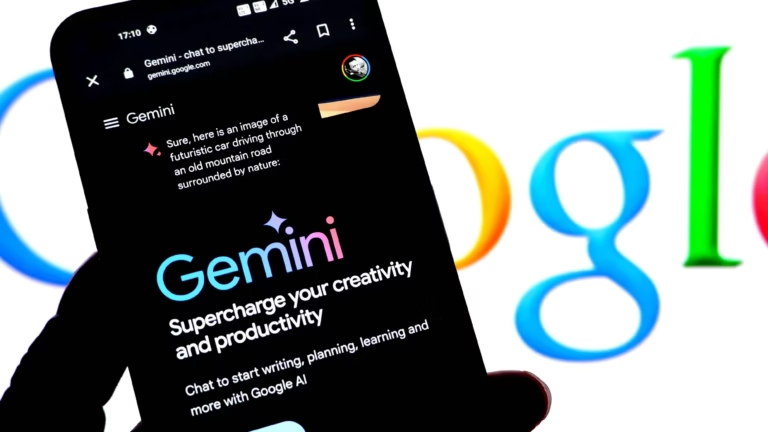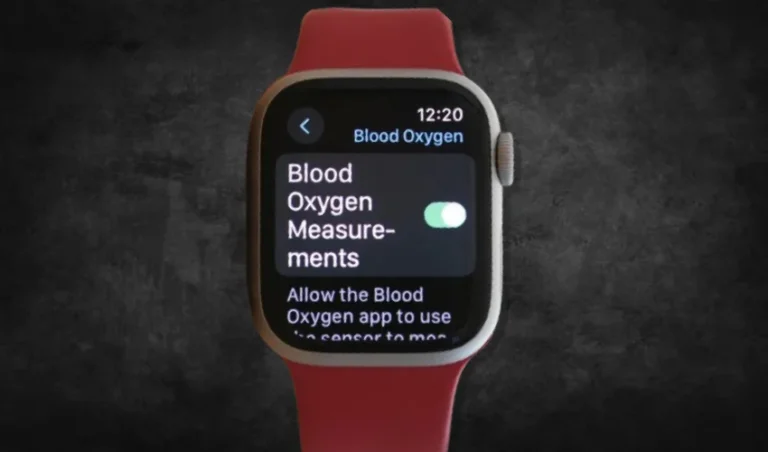
Microsoft’s Ambitious Plan: AI That Outperforms Doctors in Diagnosis
Artificial intelligence is making waves in healthcare, and Microsoft is diving in headfirst. The tech giant is working on what it calls “medical superintelligence”—AI systems designed to diagnose diseases with unprecedented accuracy. But can machines really outperform human doctors? And what does this mean for the future of medicine?
The Vision: AI as the Ultimate Diagnostic Tool
Microsoft’s research team believes AI can process vast amounts of medical data—from lab results to imaging scans—faster and more precisely than any human. By training models on millions of patient records, they aim to create an AI that spots patterns even seasoned doctors might miss.
The goal? Earlier detection of diseases like cancer, heart conditions, and rare disorders, potentially saving countless lives.
Challenges and Ethical Concerns
While the idea sounds revolutionary, experts warn of major hurdles:
- Data Privacy: Medical records are highly sensitive. How will Microsoft ensure patient confidentiality?
- Bias in AI: If training data lacks diversity, the AI could misdiagnose underrepresented groups.
- Human Oversight: Should AI have the final say in diagnosis, or should doctors remain in control?
The Road Ahead
Microsoft isn’t alone in this race—Google, IBM, and startups are also developing medical AI. But before these tools become mainstream, regulators, doctors, and patients will need to trust them.
Could AI eventually replace doctors? Probably not. But it might soon become their most powerful assistant.



